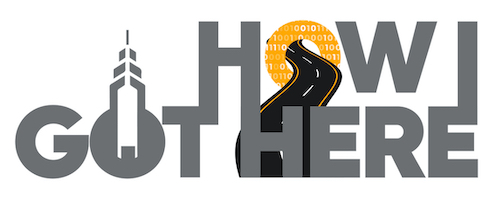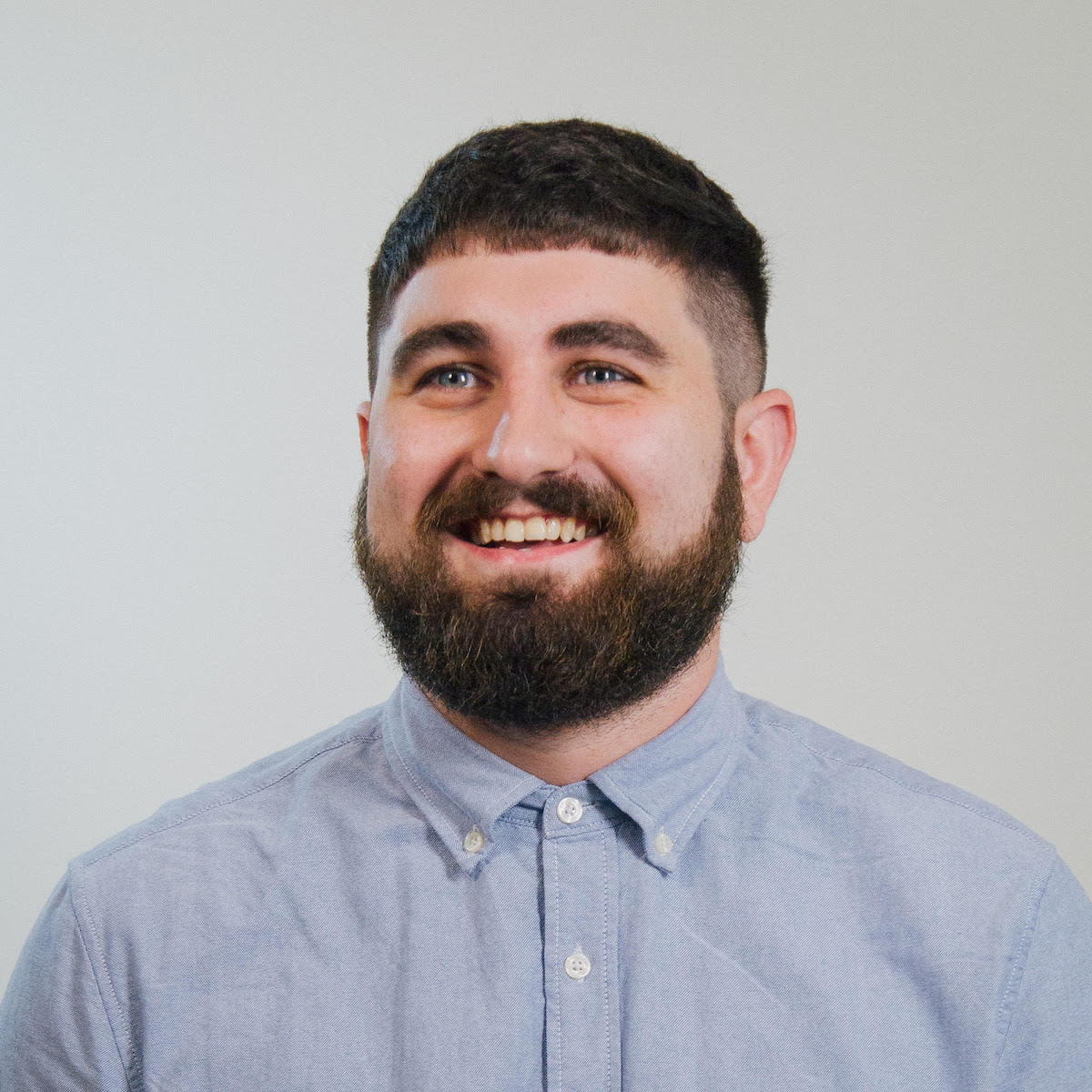“I wanted to build things,” the Northern Liberties resident said. “I wanted to find my way into gaming.”
But he wasn’t strong in math, which scared him off the traditional college-computer science route. Instead, after working in retail for about a decade, Clark decided to jump into the tech field the way a lot of career changers do: a bootcamp.
He took some courses with Thinkful, but eventually found the now-defunct New York Code + Design Academy. After an intensive, months-long full-stack program, and a $15,000 loan, Clark graduated the program and set his sights on “anything” that would consider him. He applied to gaming-focused software startup Red Queen Gaming back in 2017 when the company was looking for a senior engineer. On a call with company leadership, he sold himself like this:
“I was like, hey, man, I’m not ‘senior’ in any way, shape or form,” Clark said. “But if there’s anything that I can do now, as an intern, or as whatever you need, like, I’ll be cheaper than whoever you’re gonna hire and I’m willing to work five times as hard.”
A zig-zagging upward trajectory
He was hired the next week as a front-end engineer and spent two years building the startup with a handful of others before the venture shut down. While there, though, he started meetup group Reactadelphia, which he and a co-organizer navigated through the pandemic. The folks at Guru opened their space for that meetup often, Clark said — which led him to his next role.
At Guru, Clark worked as a front-end software engineer for about seven months. He quickly realized he wasn’t as happy as he could be, not commenting on specific reasons, but said a lot of companies “really want you to drink the Kool-Aid,” or get you all-in on their vision and mission.
That’s important, Clark conceded. But he learned a lesson he’s taken with him to every job thereafter: “I’m more important than every single company I work for.” We’re in an unprecedented time for technologists, he said, especially with the recent sweep of Big Tech layoffs.
“I think everybody should should continue interviewing throughout their entirety of any job that they’re ever in.”Domitrius Clark
“No one cares as much as you do or should” about your own career and work conditions, Clark said. “And I started to make that a part of my mantra. If I ever felt like either my growth potential started to slow, or I wasn’t being respected for the work that I do — I never stop interviewing. I think everybody should should continue interviewing throughout their entirety of any job that they’re ever in.”
The constant interviewing led to his next gig, a contracted UI engineer role building IoT project MachineQ for Comcast, and shortly after, a full-time role in developer relations and experience at Israel-based Cloudinary. This work brought him closer to the customer, a callback to his time in retail, and something he really enjoyed doing. He also made more money each time he moved companies, he said.
At Cloudinary, he put roots down for a while, spending nearly two years with the West Coast company. It opened his eyes to how big the development community is, which inspired the recent revival of Reactadelphia. Even before the pandemic, the meetup group had speakers from around the world, but the global nature of remote work opened his eyes to how big the development community is. The realization made him want to reinvest in his local community.
“The one thing I loved about Philly is the scrappiness and we have so much talent here that goes unnoticed because of being so close to New York and not having as many large tech companies in Philly to examine,” Clark said.
The virtue of job hopping
Clark spent last year at Netlify, a San Francisco-based web shop, and has recently moved to Xata.io, a serverless database, in a role called head of developer experience.
In his advice to fellow technologists who are curious about what else is out there, he doubles down on prioritizing yourself over a company and networking the hell out of your community, and to just keep learning.
“I think it’s easy to fall into a rhythm at your job, and to think, ‘I’ll just get these things done and then I leave,'” Clark said. “If you’re looking for growth, continue to go out to meetups, continue to engage communities online. There’s a ton of them now.”
Any conversation or scenario can lead you somewhere new. Connecting with someone on a Twitch stream or running into an old coworker who just started at a new job can lead to your next role.
“Every every opportunity I’ve ever had has come in from me just putting myself out there and supporting and being a part of the community,” the developer said. “I beat the drum for it all the time. Every article I’ve ever had written about me is about my obsession with community for career growth. But there’s nothing better than it. There’s nothing better than than being a part of your community and seeing the benefits from it.”

This is How I Got Here, a series where we chart the career journeys of technologists. Want to tell your story? Get in touch.
Before you go...
To keep our site paywall-free, we’re launching a campaign to raise $25,000 by the end of the year. We believe information about entrepreneurs and tech should be accessible to everyone and your support helps make that happen, because journalism costs money.
Can we count on you? Your contribution to the Technical.ly Journalism Fund is tax-deductible.
Join our growing Slack community
Join 5,000 tech professionals and entrepreneurs in our community Slack today!

Congress votes to reauthorize the EDA, marking a historic bipartisan effort to invest in innovation and job creation

Inside the merger: Uniting Kleer and Membersy as a dental membership powerhouse

Looking for a job? This strategy turns NotebookLM into your personal hiring coach


